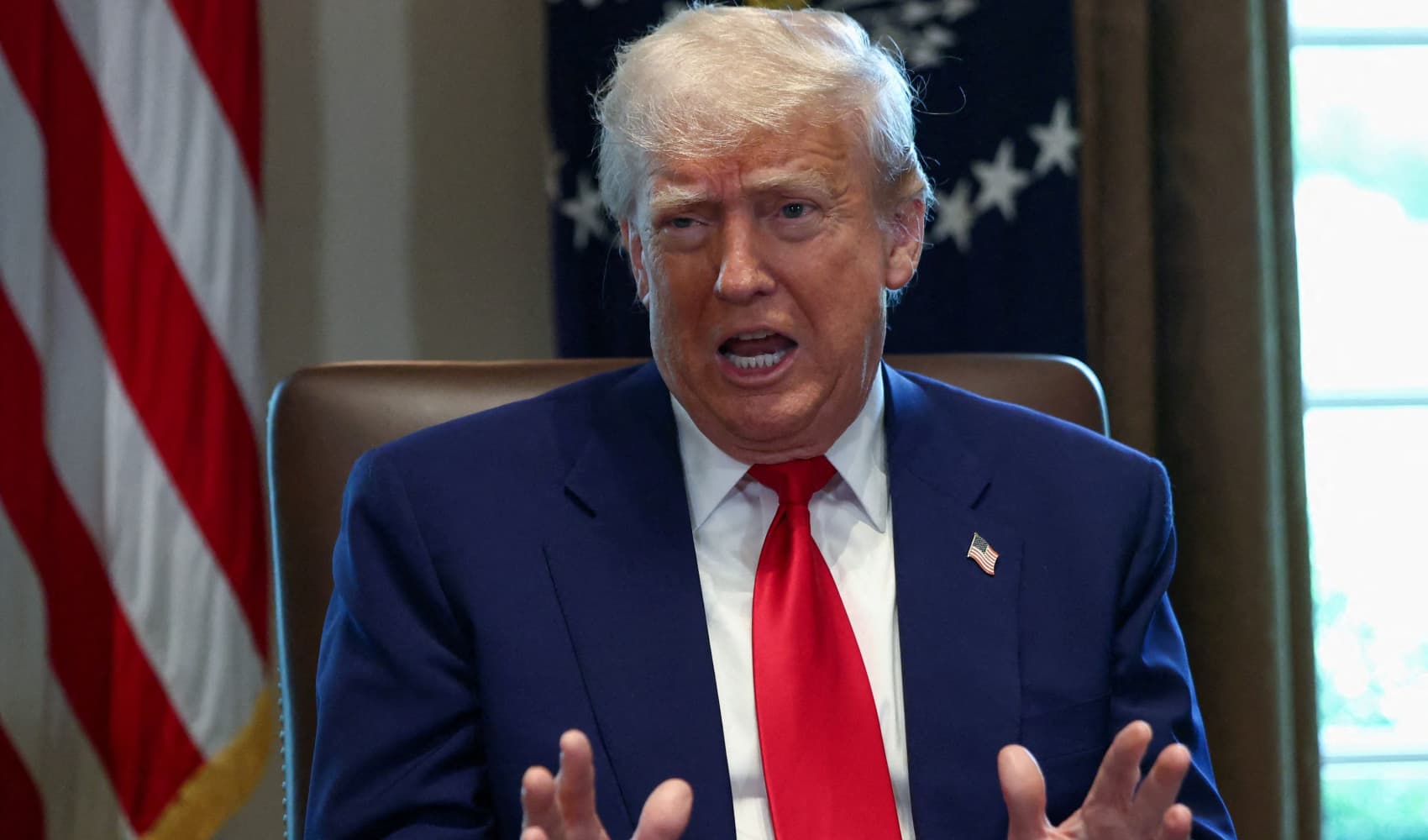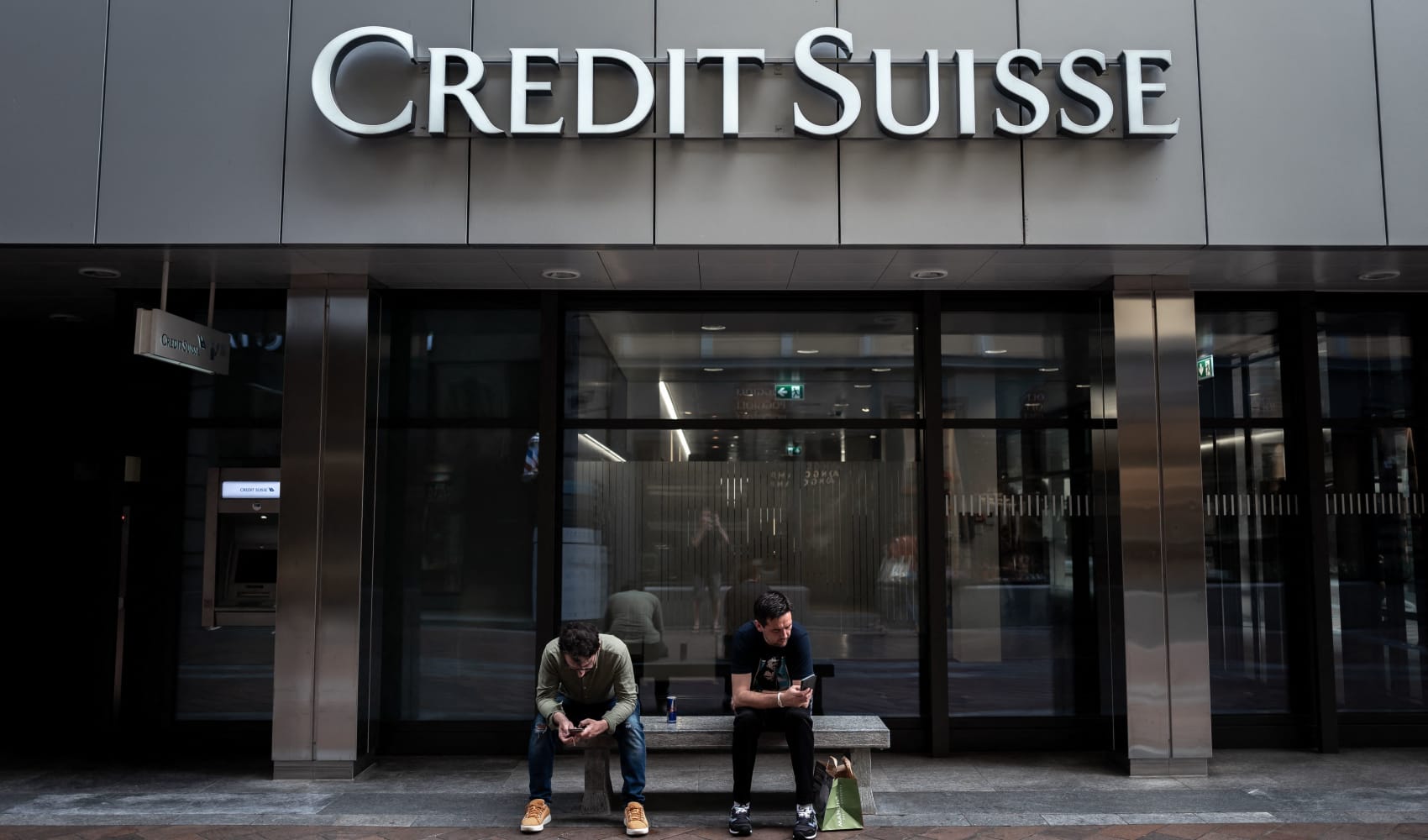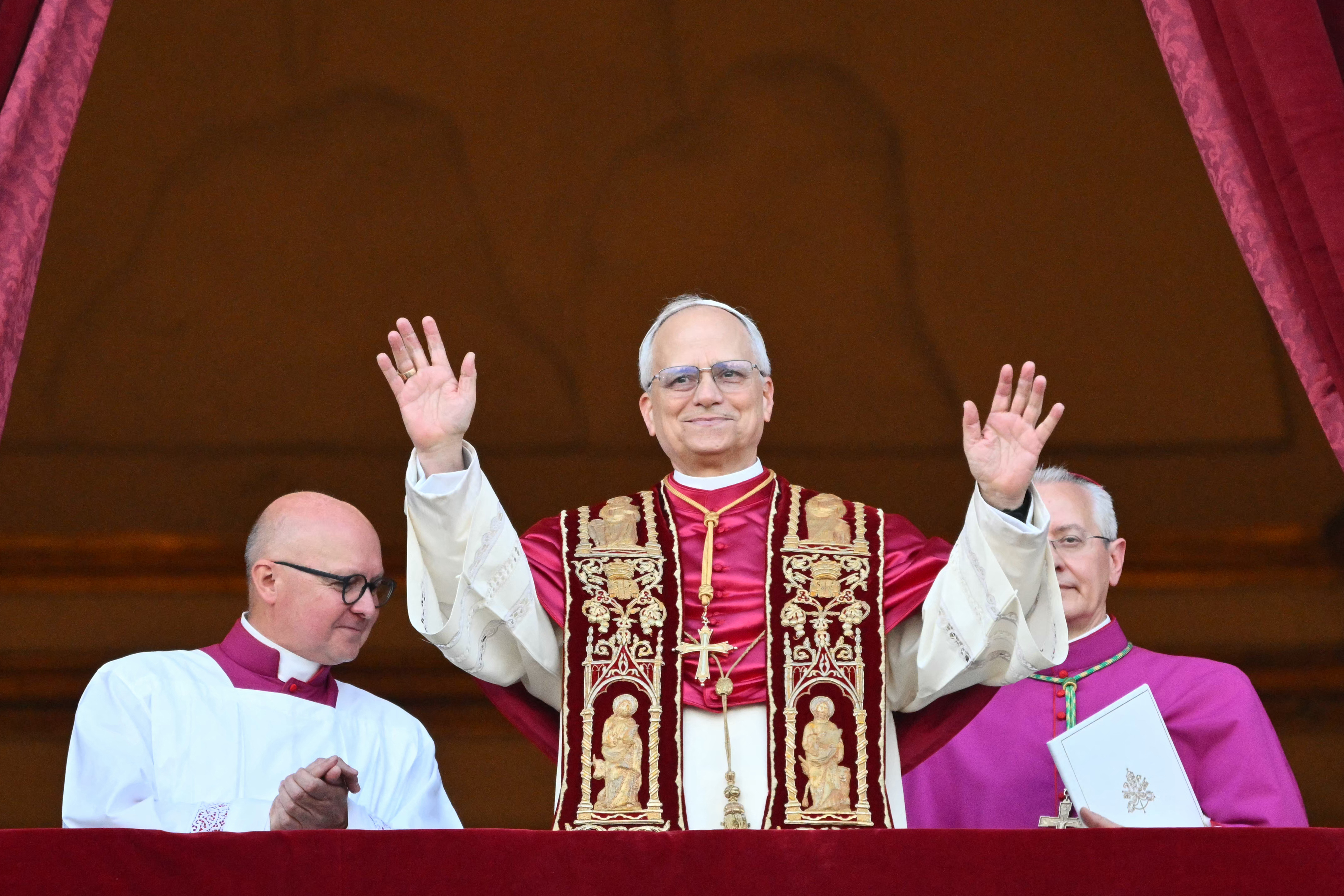Trump vs. Harvard: Tax-Exempt Status in Jeopardy!
Trump Threatens Harvard's Tax-Exempt Status: Is This the End of an Era?
Introduction: A Showdown Between Trump and Harvard
Buckle up, folks! It seems a new battle is brewing, and this time, it's between former President Donald Trump and the prestigious Harvard University. Trump has vowed to revoke Harvard's tax-exempt status, declaring, "It's what they deserve!" in a typically terse Truth Social post. But what's behind this fiery declaration? Why is Trump targeting one of the world's leading educational institutions? Let's dive in and unpack this developing story.
Trump's Ultimatum: Revoking Tax-Exempt Status
Trump's threat isn't just a casual remark; it's a significant escalation in his ongoing campaign against Harvard and other elite schools. But what does it really mean to revoke a tax-exempt status? Well, it essentially means Harvard would have to start paying taxes, significantly impacting its financial resources.
Understanding Tax-Exempt Status
Non-profit organizations, including universities like Harvard, often enjoy tax-exempt status under Section 501(c)(3) of the Internal Revenue Code. This allows them to avoid paying federal income taxes, property taxes, and other taxes, freeing up funds for educational programs, research, and student aid. Think of it as a financial boost, allowing them to focus on their core mission.
The Potential Financial Impact on Harvard
Losing this status would be a major blow to Harvard's financial stability. How big? Well, Harvard's endowment is in the billions. Paying taxes on investment gains and other income could seriously hamper its ability to fund scholarships, research projects, and even maintain its facilities. Imagine your budget suddenly shrinking by a significant percentage – that’s the kind of impact Harvard could face.
The Allegations: Antisemitism and Discrimination on Campus
So, what's fueling Trump's animosity towards Harvard? The underlying reason centers on allegations that Harvard and other elite schools have fostered antisemitism and other forms of discrimination on their campuses. These accusations have gained traction in recent months, particularly following the Israel-Hamas conflict.
The Rise of Antisemitism Concerns
Concerns about antisemitism on college campuses have been growing, with many students and alumni expressing fears for their safety and well-being. These concerns often stem from incidents of vandalism, harassment, and the spread of anti-Jewish rhetoric. It's a complex and sensitive issue that has sparked heated debates across the country.
Discrimination Beyond Antisemitism: A Broader Look
While antisemitism is a primary focus, Trump's allegations extend to other forms of discrimination. This could include discrimination based on race, religion, gender, or other protected characteristics. The broader accusation suggests a systemic problem within Harvard's campus culture.
Legal and Political Challenges: A Complex Battle Ahead
Even if Trump's administration were to pursue revoking Harvard's tax-exempt status, the process would be far from simple. Legal challenges are almost guaranteed, and the outcome is far from certain. Is this a genuine attempt to address discrimination, or is it political posturing? Only time will tell.
The Legal Landscape: A Thorny Path
Harvard would almost certainly fight any attempt to revoke its tax-exempt status in court. The university would likely argue that the decision is politically motivated and lacks a solid legal basis. Court battles can drag on for years and involve complex legal arguments, making the outcome unpredictable.
Political Ramifications: A Divisive Issue
This issue is deeply divisive, with strong opinions on both sides. Supporters of Trump's move argue that universities have a responsibility to protect all students from discrimination and that losing tax-exempt status is a necessary consequence for failing to do so. Opponents argue that the move is an overreach of government power and an attack on academic freedom.
Harvard's Response: What Will They Do?
As of now, Harvard has not issued a formal response to Trump's latest threat. However, it's likely that the university is carefully considering its options and preparing for a potential legal battle. What steps will they take to defend their tax-exempt status? Will they address the allegations of antisemitism and discrimination? These are key questions on everyone's minds.
Public Relations and Damage Control
In addition to legal action, Harvard will likely engage in public relations efforts to counter the negative publicity surrounding the allegations. This could involve highlighting the university's diversity initiatives, condemning antisemitism and discrimination, and emphasizing its commitment to creating a safe and inclusive campus environment.
Internal Investigations and Policy Changes
To address the underlying concerns, Harvard may launch internal investigations into allegations of antisemitism and discrimination. This could lead to policy changes, increased training for faculty and staff, and stricter enforcement of anti-discrimination rules.
The Broader Implications: Targeting Elite Institutions
Trump's focus on Harvard is not an isolated incident. He has also targeted other elite schools with similar accusations. This suggests a broader strategy to pressure these institutions and hold them accountable for their campus climates. Is this a targeted attack, or is it a genuine effort to ensure fairness and equality on college campuses?
The Precedent Set: A Warning to Other Universities
If Trump succeeds in revoking Harvard's tax-exempt status, it could set a precedent for other universities across the country. This could embolden other politicians and activists to target institutions they believe are failing to address discrimination or promoting certain ideologies. The implications for higher education could be profound.
The Debate Over Academic Freedom
Critics argue that Trump's actions represent an attack on academic freedom. They argue that universities should be free to pursue knowledge and express diverse viewpoints without fear of government interference. The debate raises fundamental questions about the role of government in regulating higher education.
The Role of Social Media: Fueling the Fire
Social media platforms like Truth Social have played a significant role in amplifying Trump's message and mobilizing his supporters. His posts often generate a flurry of online activity, further fueling the controversy. In today's digital age, social media has become a powerful tool for shaping public opinion and influencing political discourse.
The Power of Truth Social: Trump's Direct Line to Supporters
Truth Social provides Trump with a direct line to his supporters, allowing him to bypass traditional media outlets and control the narrative. His posts often generate a strong emotional response, galvanizing his base and driving engagement.
The Spread of Misinformation and Polarization
Unfortunately, social media can also be a breeding ground for misinformation and polarization. False or misleading information can spread rapidly, further exacerbating tensions and fueling division. It's important to be critical of the information we consume online and to seek out reliable sources.
Conclusion: A Tumultuous Time for Higher Education
Trump's threat to revoke Harvard's tax-exempt status represents a significant challenge for the university and for higher education as a whole. The allegations of antisemitism and discrimination are serious and must be addressed. However, the potential consequences of revoking tax-exempt status are far-reaching and could have a chilling effect on academic freedom and institutional autonomy. This is a story that will continue to unfold in the weeks and months ahead, and its outcome will likely shape the future of higher education in America.
Frequently Asked Questions (FAQs)
- What exactly does "tax-exempt status" mean for a university like Harvard?
Tax-exempt status allows Harvard to avoid paying federal income taxes, property taxes, and potentially other taxes, freeing up more funds for educational programs, research, and financial aid for students.
- What is the basis for Trump's claims of antisemitism at Harvard?
The claims stem from reports of antisemitic incidents on campus and concerns over the university's handling of these situations, particularly in the wake of the Israel-Hamas conflict.
- What would happen if Harvard loses its tax-exempt status?
Harvard would have to start paying taxes on its income, significantly reducing the funds available for scholarships, research, and other university operations. This could impact tuition costs and program funding.
- Can Trump unilaterally revoke Harvard's tax-exempt status?
No, the process isn't that simple. Revoking tax-exempt status involves legal and administrative procedures, and Harvard would likely challenge the decision in court.
- Are other universities facing similar threats or scrutiny?
Yes, Trump has also targeted other elite universities with similar accusations of fostering antisemitism and discrimination, suggesting a broader effort to hold these institutions accountable.


